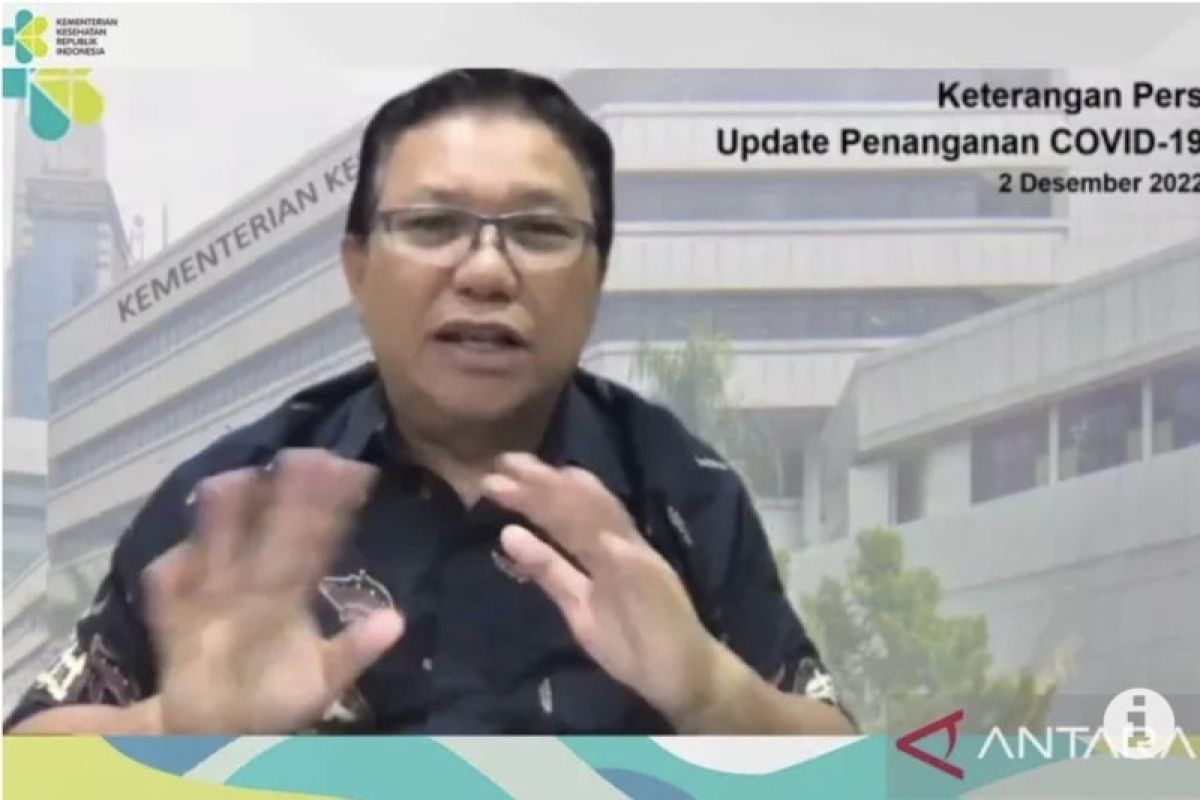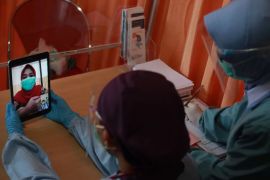“We must trust our nation’s potential. We have great doctors and good hospitals. The shortcomings are tackled with health transformation,” he noted when confirmed here on Friday.
The six pillars in Indonesia’s health transformation comprise firstly, the transformation of primary services through the revitalization of community health centers (puskesmas) and integrated health posts (posyandu) to provide promotive and preventive efforts for all cycles of life.
Under the second pillar, referral service transformation to handle stroke, cancer, and kidney disease is conducted by pursuing equal distribution of specialty health care services.
The next pillar is the transformation of health system resilience by ensuring the availability of medicines, vaccines, and locally-made diagnostic tools as well as backup health workers by involving medicine faculties, health polytechnics, and scouts.
The other pillar is transformation of the health financing system that will support the process of revamping the health offices' budgets to prevent their overlapping.
Thereafter, the transformation of health human resources aims to meet the ideal doctor to patient ratio of 1:1,000. Currently, in Indonesia, the number of doctors is 101,476, and they serve as many as 273,984,400 people. Thus, one doctor serves around 2,700 people.
The last pillar is the transformation of health technologies by preparing a health technology platform that is used to digitally record patients' medical history that is implemented in all health service facilities.
“The president also tasked the health minister with the Health bill that can become a solution for carrying out arrangement, improvement, and enhancement in our health service system,” Syahril stated.
The bill is currently discussed intensively by Commission IX of the House of Representatives (DPR) and several relevant stakeholders.
Responding to the recent trend of Indonesian people choosing to seek medical treatment abroad, the spokesperson noted that it becomes an opportunity for the Health Ministry to investigate further the problems in health services in Indonesia.
He also remarked that the percentage of Indonesians choosing to seek medical treatment abroad reaches only 0.5 percent out of Indonesia’s total population of around 270 million people.
“There are more Indonesian people, who are served in Indonesia,” he remarked.
Related news: Minister equates SatuSehat security system with banking system
Related news: Indonesia adopts GISRS platform as influenza surveillance system
Related news: Deputy minister highlights need for improving health resilience
Translator: Andi Firdaus, Raka Adji
Editor: Azis Kurmala
Copyright © ANTARA 2023












